
Get news, updates, & event Info delivered right to your inbox:
How Reforestation Can Combat Climate Change And Support Gender Equality
As the world works to address climate change, gender equality and closing the gender gap are a growing part of the conversation. And as a reforestation nonprofit that empowers women through many of our projects around the world, we have a unique perspective on the subject. From creating sustainable income to improving the standing of women in their communities, we have seen again and again how planting trees and empowering women naturally converges.
Although it may not seem obvious at first, the connection between healthy forests and women is a deeply rooted one. Trees provide a foundation for life to flourish almost everywhere they grow. They are nature’s nurturers, creating the conditions for life by absorbing and slowly releasing water into the air, cooling and shading their immediate surroundings, shielding communities from powerful winds and storm surges, growing nutritious food for people and wildlife, and so much more.
In the same way, women provide a foundation for their families and communities with their innate ability to nurture, hold space, protect, heal, teach and build. Women are more naturally inclined toward fostering community, which can make them great leaders, teachers, healers and more. And the science shows that this special care extends to the natural world: studies from around the world have identified significant improvements in natural resource governance and conservation when women participate.
Here Are 5 Specific Ways That Planting Trees Can Help Improve Gender Equality
When trees are thoughtfully planted, they can help improve gender equality and women’s rights in ways that are both subtle and obvious. Read on to learn about some of the ways that tree planting can support women, too.
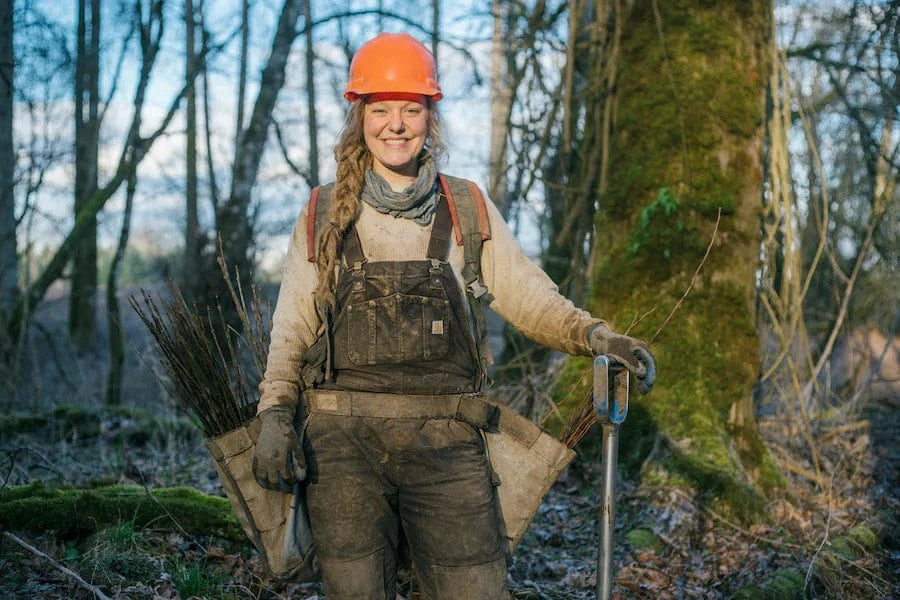
1. Elevating Women's Voices In Decision-Making
For any reforestation project to succeed over the long-term, community support is essential. To ensure this, our planting partners work with local communities to provide education and resources that empower them to participate in the design and implementation of projects. When consulted during the planning process, men tend to be more interested in tree species that provide income, while women are more interested in food-bearing and medicinal species. The best plantings are often a balance of the two. From the beginning, then, reforestation can promote gender equality by listening to women's needs and tapping their knowledge of family and community needs. By having a say in the process, they're able to help inform the best tree species to plant, areas to plant in, and more.
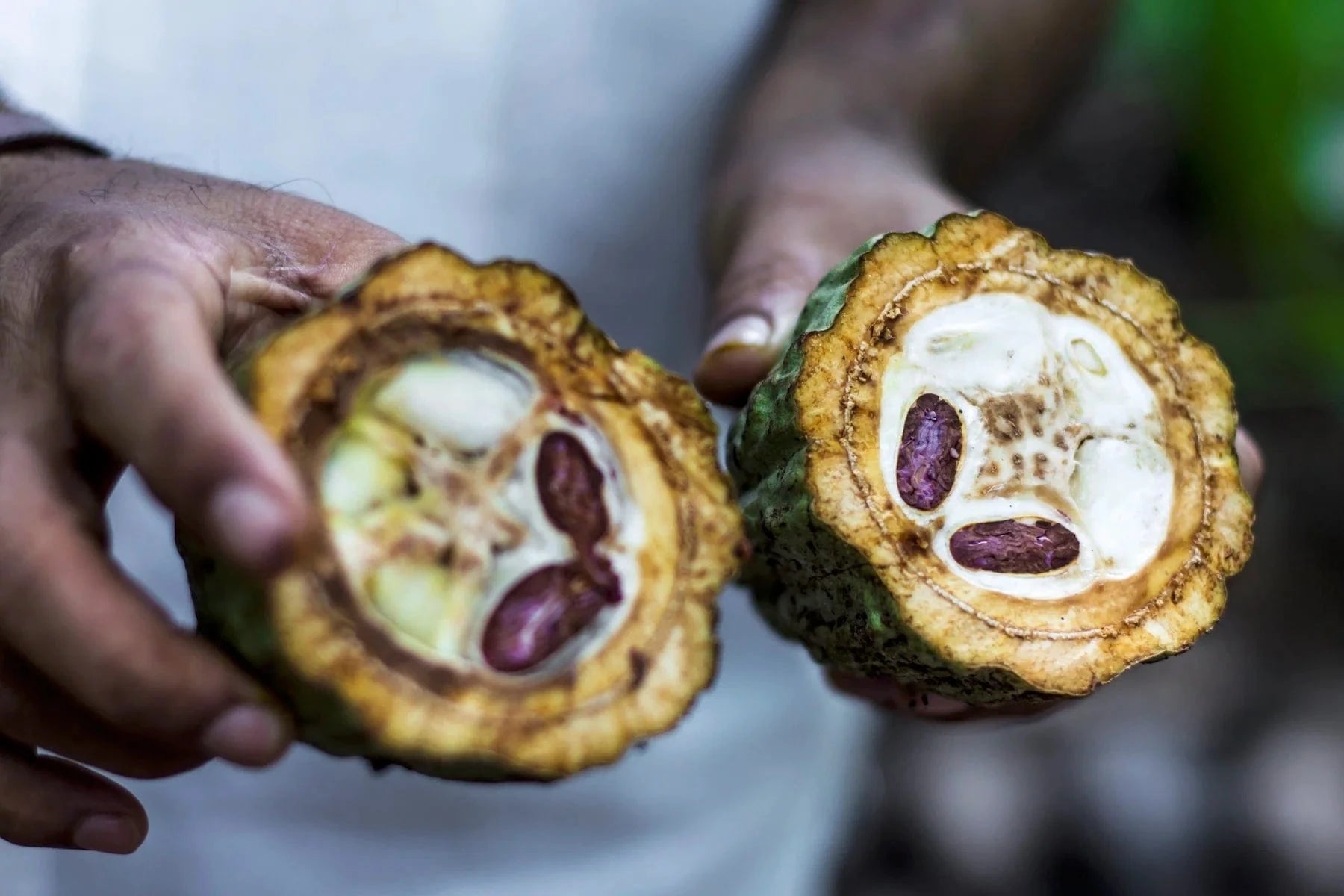
2. Reducing Food Insecurity
Although rural women account for nearly 1/2 of the agricultural workforce in developing countries, agricultural gender inequalities are very prevalent. Patriarchal norms mean that women farmers are particularly at risk of experiencing hunger, especially when floods and droughts dry up crops or damage infrastructure. When women are empowered with sustainable forest crops, they have increased agency, access to better-quality diets, and more resources and opportunities available through new income streams. Particularly in the case of sustainable agroforestry projects, planting food trees directly benefits the women farmers that participate. When the trees begin producing fruit, they can help their families and communities consistently meet their caloric needs with nutritious foods.
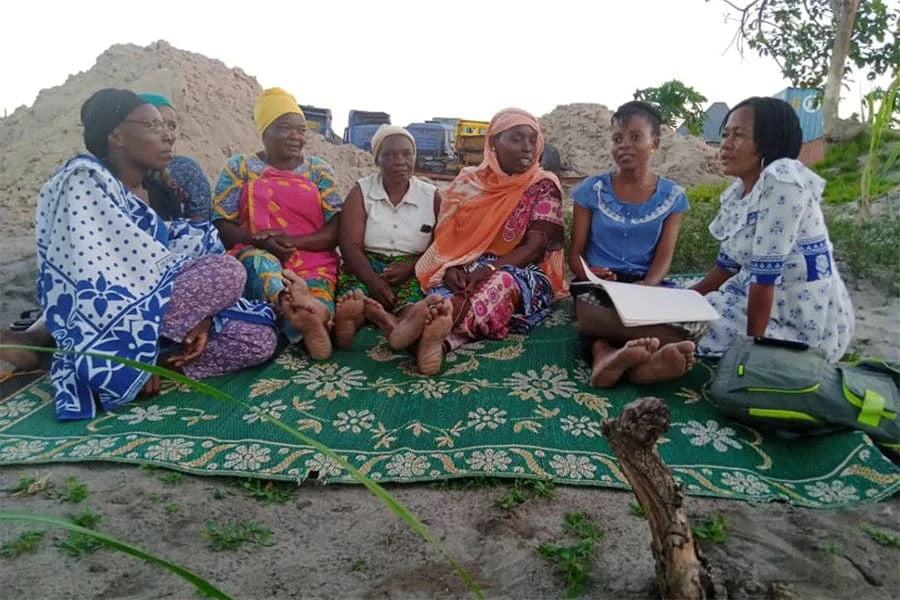
3. Creating Educational Opportunities For Women And Girls
Reforestation can provide direct and indirect educational opportunities for women and girls. Our planting partners often provide training and environmental education to participating community members on topics ranging from proper tree care and long-term maintenance to sustainable agroforestry best practices and business 101. Many of our projects also make a point of involving local youth in reforestation so they can learn more about taking care of nature and the environment — and learn new skills that may inspire them to pursue a career in the environmental field. In a less obvious but no less powerful way, increased household income and improved food security can help girls stay in school, changing the trajectory of their lives.
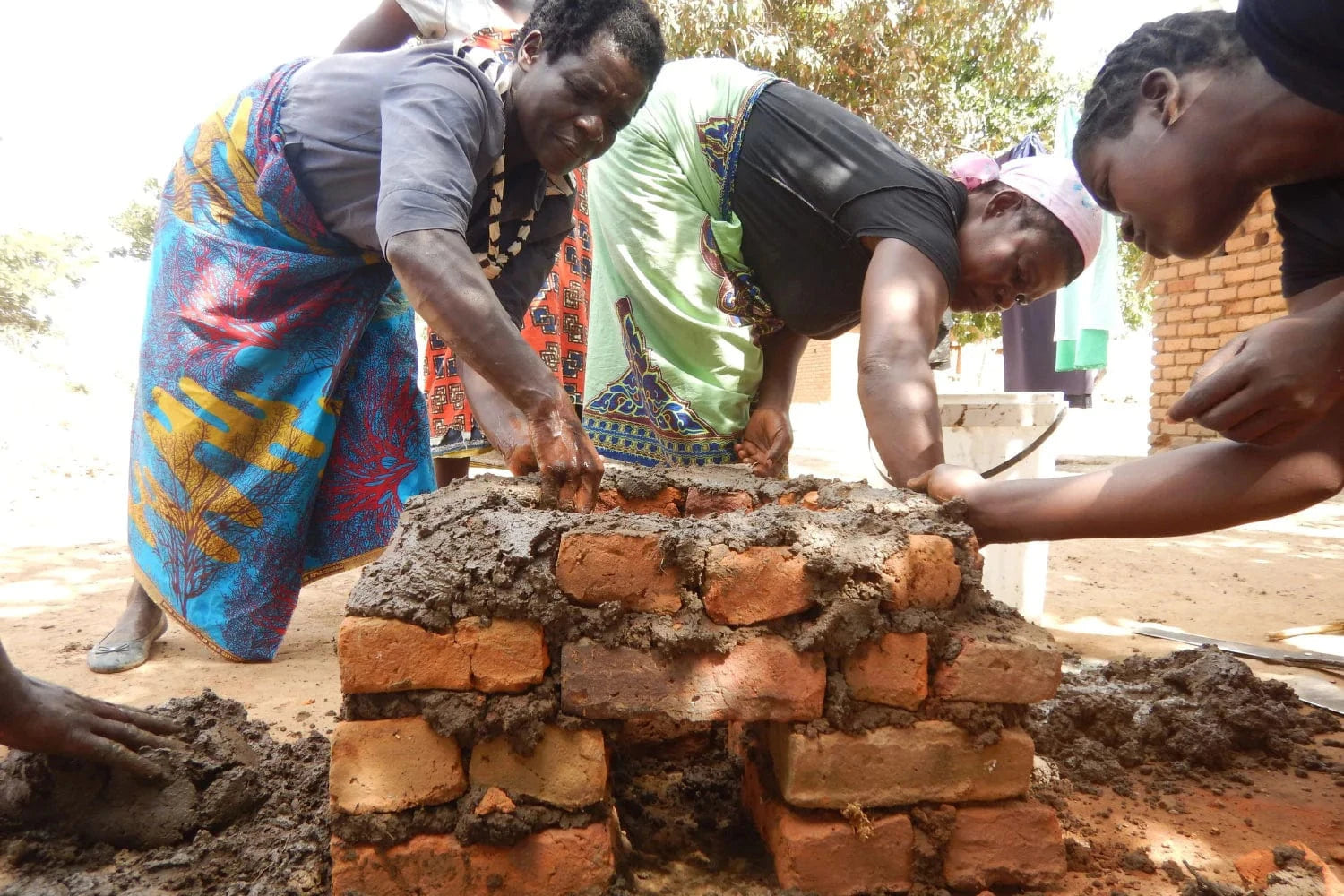
4. Reducing Migration Out Of Rural Areas
As mentioned before, in rural communities around the world, women statistically perform the majority of the housework and agricultural labour. Rural migration into urban areas, most often undertaken by men, only serves to widen this gender labor gap. When men leave, women are left behind to shoulder their responsibilities in addition to their own already demanding ones.
Reforestation, and particularly sustainable agroforestry, has been shown to reduce the need for rural dwellers to leave their homes in search of opportunities in urban areas. This directly improves women's lives by reducing the burden of labor that they must shoulder, and indirectly with improved social cohesiveness.
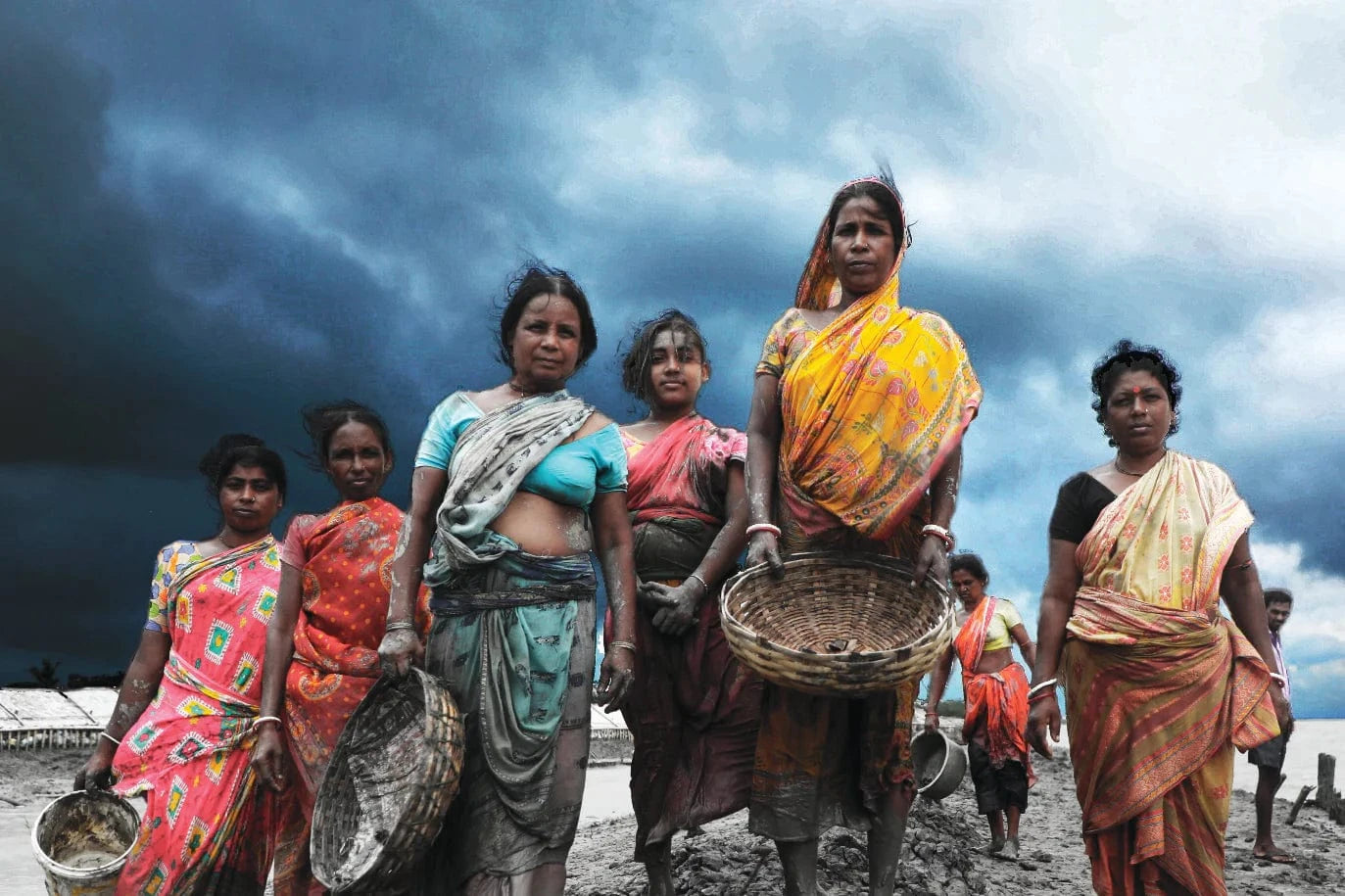
5. Reducing Climate Change Impacts
Women make up an estimated 70% of the world’s poor, and this unfortunately puts them on the front lines of climate change. Thanks to the ability of trees to absorb carbon and pollutants, improve ecosystem resilience, shield coastal communities from storm surges, reduce temperatures, and more, reforestation has been named a top climate change solution. Planting trees, then, directly benefits women, who make up a disproportionate number of the world’s most vulnerable population.
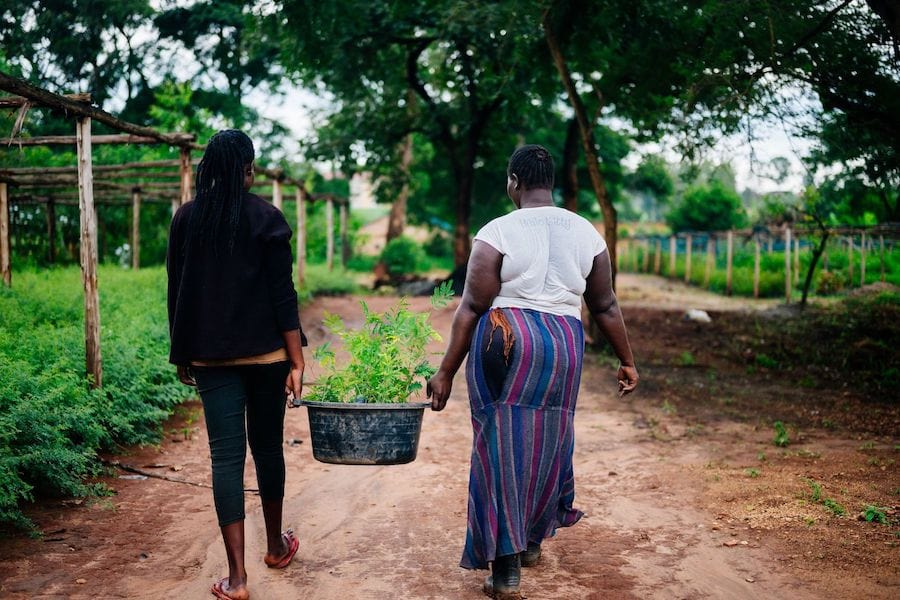
Ready To Take Action For Gender Equality And Climate Change Resilience?
Women are disproportionately affected by climate change, but research proves that educating girls and empowering women are key climate change solutions. Reforestation, when undertaken thoughtfully and with consideration for gender equality, can pack a powerful punch of restoring degraded ecosystems, absorbing carbon and empowering women at the same time. Make a difference by planting trees for women's empowerment and a greener, more equitable world!
Get news, updates, & event Info delivered right to your inbox:
Related Posts
Sustainable Diet Tips: How to Eat Healthy While Protecting the Planet
13/01/2026 by Meaghan Weeden
Agroforestry Explained: Principles, Benefits, and Case Studies
08/01/2026 by Meaghan Weeden
Plant Your Resolution: Making a Global Impact With The Grove
01/01/2026 by One Tree Planted
Popular On One Tree Planted
How to Reduce Waste: 21 Practical Zero Waste Tips for Everyday Living
23/12/2025 by Meaghan Weeden
Inspirational Quotes About Trees
16/12/2025 by Meaghan Weeden
The 9 Oldest, Tallest, and Biggest Trees in the World
11/12/2025 by One Tree Planted
Fundraising Disclosures

Be Part of the Restoration Movement
The Grove is more than just a monthly giving program: it's a vibrant community of individuals who are dedicated to reforestation and environmental restoration on a global scale.





